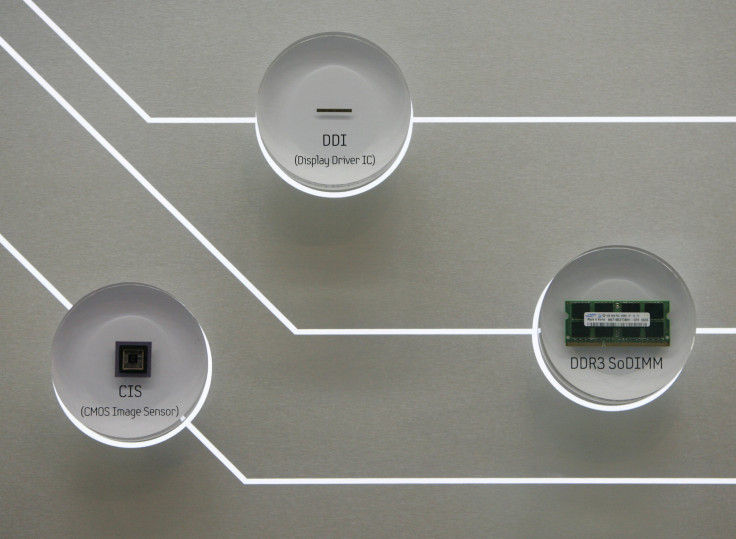Samsung Apology Rekindles Questions Over Safety Of Computer Chip Manufacturing

Samsung’s apology to the families of workers as young as 23 who have died from different cancers in recent years has reopened the question of whether manufacturing computer chips is bad for your health.
The statistics are hard to ignore: The South Korean tech giant has acknowledged at least 22 cases of leukemia and lymphoma -- including 10 deaths -- between 1998 and 2010; occupational health activists claim at least 46 deaths from 120 cases of cancer as of 2011, many of them occurring since 2007.
The numbers vary, but all of them suggest something going on. Leukemia, for example, strikes about 13 out of 100,000 people every year, according to the U.S. National Cancer Institute. Samsung’s website claims 38,800 total South Korea–based semiconductor workers. So the number of illnesses relative to the total number of workers is higher than the overall statistic would predict. Whether that’s Samsung’s fault or some other environmental oddity has yet to be established.
“An unusually high incidence of leukemia, lymphoma, brain cancer, and other serious diseases appears to exist among relatively young people who have worked in Samsung’s semiconductor and other chemically-intensive manufacturing plants,” wrote Elizabeth Grossman in a report on Yale University’s e360 website in 2011.
While Samsung now says it will compensate families and surviving workers, Wednesday’s apology stops short of admitting any problems with its workplace environment.
The issue of safety in the manufacture of the chips that go into smartphones and other consumer electronic products has been bouncing around for years. In 2003, International Business Machines Corp. (NYSE:IBM) settled confidentially 50 toxic chemical lawsuits brought by former employees of its San Jose, Calif., chip manufacturing plant. The plaintiffs claimed exposure to chemicals used in so-called cleanrooms -- those sterile environments designed to protect not the workers but the chips from dust and other airborne particles in the sensitive manufacturing process.
Making computer chips involves using solvents and other chemicals that have been linked to minor and major health effects, including skin irritation, fluid buildup in the lungs, and liver and kidney damage. Benzene is one of the more dangerous chemicals used in the process and the one linked to leukemia, but its use as an industrial solvent has declined considerably in recent years because of that.
“Typically, benzene is not used as a solvent in the U.S. semiconductor industry,” David L. Eaton, professor of environmental and occupational health sciences at the University of Washington, said by email. “That is important because there is strong and convincing evidence that occupational exposures to benzene does increase the risk of some types of leukemia.”
Samsung claims on its website that it does not use benzene, “however, some studies have found trace amounts of the chemical in our facilities. The trace amounts were detected at significantly lower levels than the industry exposure standard.”
A 2005 study from the American College of Occupational and Environmental Medicine in Elk Grove Village, Illinois, looked at mortality rates among more than 126,000 workers at three IBM semiconductor facilities and found no conclusive evidence that the chip-manufacturing process poses a higher risk of cancer with the exception of some evidence of increased risk for “central nervous system, prostate and several other cancers.”
Researchers concluded that in those cases, there wasn’t enough evidence to prove those higher risks were linked to the manufacturing process.
© Copyright IBTimes 2024. All rights reserved.












